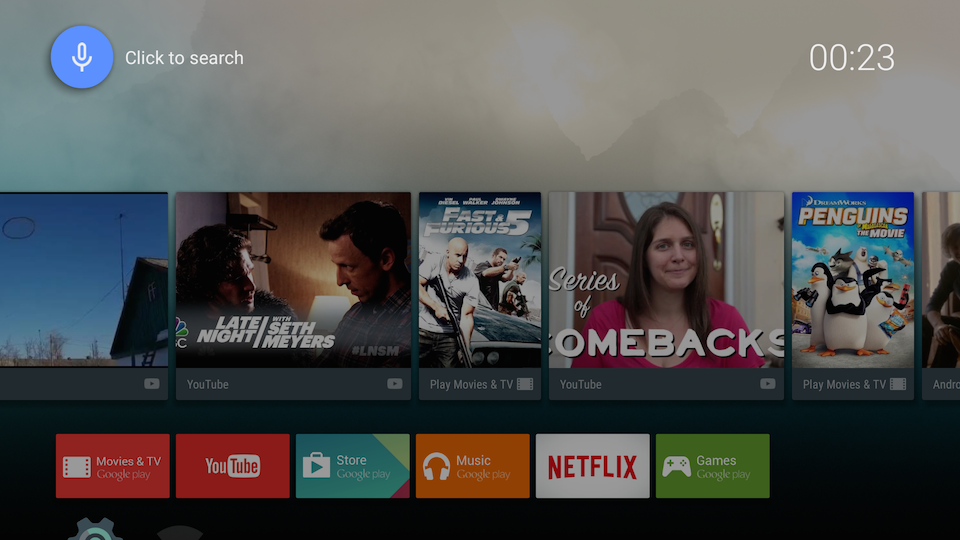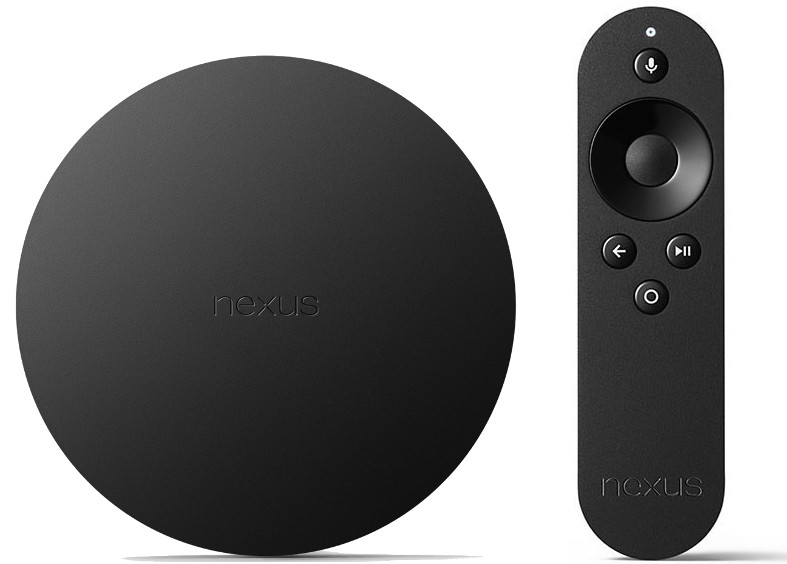I remember waking up on the 19th September 2014 and being rather pleased at the result of the Scottish independence referendum. Independence had been rejected by a proportion of 55% to 45% of voters who turned up that day. I was relieved – things will continue as they are. I fully supported the devolving of more powers to Scotland, but I believed that severing the Union was profoundly the wrong thing to do.
In politics, I believe in working together. This was the primary driver of my vote to remain in the United Kingdom. By Scotland breaking away from the UK, I thought, we would be taking too much risk with our future through circumstances beyond the control of the new Scottish state – the hypothetical benefits did not justify the risk.
I was no fan of David Cameron’s Conservative government at the time. Sure, he was a liberalising force within his party and drove through some well-needed social progress such as gay marriage. But his government’s austerity policies were needlessly cruel. Almost on a daily basis I was reading heartbreaking articles about people who had been forced to move out of their properties because it had a spare room, or those who had been deemed fit for work who patently were not. Austerity affected the working and lower-middle classes disproportionately more than it did on the higher classes, and worst of all, it was a political choice – not a necessity.
I felt solidarity with the people of England who did not want this. By Scotland declaring independence, it would still have left England with a Conservative government which, along with the austerity policies, was not investing in the country – whether that be infrastructure or the people.
At the time, I felt the country could right this wrong by electing a different party in the upcoming 2015 general election. The country did not take this opportunity, and duly elected the Conservatives with a majority. With no moderation force from the Liberal Democrats, I feared what further damage an unshackled Conservative party could do to the country.
Onwards to gambling country – and losing
David Cameron was being pressured by the extreme wing in his own party, and the external influence of UKIP, to hold a referendum on the UK’s membership of the European Union. Buoyed by being on the winning side of the Scottish independence referendum, David Cameron called this referendum, believing it could put the argument to rest once and for all.
I enthusiastically supported remaining within the EU – and still do. This is consistent with the reason I voted for Scotland to remain within the UK – the message of working together really appeals to me.
However, like many Remainers (as we collectively became to be known), we became too complacent, perhaps arrogant, that the referendum would be easily won and the status-quo would prevail. The Remain campaign, correctly in my opinion, campaigned on a factual basis giving what we had with the EU was immediately evident, where as the Leave campaign could only campaign on aspirations. What the Remain campaign failed to do was win the hearts and minds of voters – the Leave campaign won the patriotic and emotional arguments with those so inclined, even if the Leave campaign was promising the undeliverable, casually dropping promises and even outright lying. But that’s a whole other topic.
The week before the EU referendum, I had suddenly, with little warning, been made redundant from my job. I had no further work lined up at the time. This meant on the day of the referendum I could stay up and watch the results come in – afterall, I had nothing to get up for in the morning.
I remember being on a group call with some friends as the results came in. I recall our collective misery as the results were announced area by area. The rural areas were painting a rather dim picture of what was to come, but perhaps results from the big cities could pull it back by sheer population size? Well, they helped. But not enough to win the referendum, and the Remain side lost 48% to 52%.
Reflecting on the result
I half-heartedly accepted the result. I believed we were making a grave mistake as a country, with a mis-informed public being asked to make a straight Remain/Leave decision to a hugely complicated issue. Not even Remainers were aware of much of the technical consequences back then – we’ve all been on a learning journey.
But, given that Leave won and no-one was coming to save us from carrying out this act of national self-harm, how best could the country deal with the referendum result and move forwards?
Well, given the closeness of the result, a so-called Soft Brexit would be the most prudent way forward. I personally would have reluctantly favoured a Norway-style deal, whereby we technically leave the EU’s political institutions, but we remain closely aligned with the EU across the board. This would have fulfilled the referendum mandate (the referendum question only asked should we leave, and not how). I believe a majority of Remainers could have reluctantly accepted this, and the country could have moved on.
The Conservative government in March 2017, now under the stewardship of Theresa May, decided to invoke the formal Article 50 process for withdrawing from the EU, thereby beginning a two year countdown (assuming no extensions asked for or granted) until the UK leaves the EU by automatic operation of law (a subtle reference to David Allen Green there, who is a good follow on Twitter).
But there was a twist. Theresa May called a general election, believing she could increase her majority in parliament to make it easy to get her Brexit vision through parliament, due to the weakness of the opposition lead by Labour’s Jeremy Corbyn. This gamble did not work out for Theresa May, and she was left leading a minority government in a confidence-and-supply agreement with Northern Ireland’s DUP.
So that this piece is not made much longer, I’m going to gloss over the details of what happened here. But the main takeaways were that the threats of “no deal is better than a bad deal” stuck, and some of the Brexit extremists were actively agitating for a no-deal exit. This had the effect of dragging the Overton Window of the debate further over to the extreme side, where an alarming amount of electorate were starting to voice support for a no-deal exit, despite the reckless harm it would do to the country, and individuals. A winner-takes-all mentality set in on the Leave side, leaving Remainers feeling angry at the lack of compromise coming their direction. Afterall, we Remainers would reluctantly give our consent to a soft exit, but not a hard exit. The sidelining of Remainers deepened divisions in an already divided country.
By the Leave side becoming more extreme in its demands, so did the demands in the Remain side. The People’s Vote campaign group was created to demand another referendum, and quickly found support from Remainers, those who voted Leave but had now changed their minds, and over time, a not insignificant number of MPs. Given the Brexit project was now heading in an extreme direction, Remainers wanted another check with the country to make sure this is what they wanted. As the divorce settlement was formed and then crystallised in the negotiated Withdrawal Agreement with the EU, how could we be sure that this rather hard form of Brexit has the consent of the country? I believe a further referendum, while not a good option, was the least bad option for the country. It is the only real test for an actual “will of the people” on what Brexit would actually look like – the decision to proceed with the negotiated Withdrawal agreement, or to stay in the EU as we are. But ultimately, this democratic check did not come to pass.
The deadlock was broken
After Theresa May resigned, Boris Johnson became leader of the Conservatives, and almost by automation, Prime Minister. Some other stuff happened, and an election was called. Jeremy Corbyn fought his second election as leader of the Labour party, and boy, that didn’t go well.
The Conservatives gained a massive majority, leaving them to do as they pleased. Brexit was now sure to happen. The Remain dream was dead. Nobody was coming to save us.
And sure enough, today, on the 31st January 2020 at 11pm (midnight at Brussels time, of course), after the Article 50 process being extended three times, the UK will no longer be a member of the European Union. We immediately enter a transition phase, which ends on 31st December 2020.
The transition phase can be extended by mutual consent, should the UK wish. For reasons that I don’t quite understand but are probably legal, the UK needs to inform the EU by around July if it wishes to extend the transition phase. The UK government has signalled that it won’t extend this transition phase and has even set in domestic legislation that this transition phase can’t be extended (although, of course, legislation can be amended, so this was a rather meaningless gesture). Worryingly, the government has also signalled that it wishes to diverge with the EU on regulations, legislation, working together etc. Remainers are expected to just suck it up and deal with it. We have no powers at the moment to do otherwise, but this does not help heal the divisions within the country – it does quite the opposite.
Where do we go from here?
This is where I link Scottish independence and Brexit.
Given Brexit was mostly enabled by England, and is often passionately owned by those patriotic to England (and specifically England), I view Brexit as a project of English nationalism. I don’t like nationalism because I don’t like tribalism. I love it when people work together. Nationalism is about not working together – it’s about erecting barriers.
We are told that the United Kingdom is a Union of four equal nations. But quite evidently, this is not true. England is by far the most dominant nation in the Union due to its sheer population size advantage. On many matters, what England wants is imposed on the rest of the country (barring devolved matters, close votes in parliament etc). Northern Ireland and Scotland did not want Brexit. Where I live, Edinburgh, is one of the most Remain supporting areas in the whole country.
Northern Ireland, given it shares a land border with the Republic of Ireland (which is and continues to be an EU member state), will be by far the most affected of the UK nations in this project. But this is widely not understood and even worse, actively disregarded by some of the English electorate. The lack of attention towards the issues in Northern Ireland could eventually cause reunification on the island of Ireland.
Brexit done badly could be what tips Scotland’s electorate in to backing independence with a majority. Scotland did not elect the Conservatives to represent them, but at the UK level there is a Conservative government with a strong majority. Scotland did not want Brexit, but it’s being imposed upon Scotland anwyay, and in a very hard form. This does not sit well with the Scottish population, myself included.
The Brexit project has exposed deep flaws in the Union that makes up the United Kingdom. Infact, it may be the catalyst for the eventual breakup of the Union, whether that happens in the next couple of years, or in a decade.
And that brings me to conclude with my own personal position. I supported Scotland remaining within the UK with passion. I also supported the UK staying within the EU with passion. But the context changed not necessarily by the Brexit result itself, but with the manner in which it’s being conducted. I can absolutely not support the Brexit project in its current form where as I could have given a soft Brexit my reluctant support and moved on.
Given the chance of another Scottish independence referendum, I’m leaning ever more over towards supporting independence, albeit reluctantly, with the caveat that an independent Scotland must seek to join the EU as soon as is practically possible. Given how geopolitics is shaping up for the next decade and beyond, being within the orbit of the EU makes me feel safer than being stuck with an isolationist UK when there are threats from the USA, Russia and China vying for power. My change of position does not imply a support for the Scottish Nationalists. As mentioned earlier, I do not support nationalism. But given we’re being dragged out of the much more important union which shares our liberal values (the European Union) and still stuck with a deeply divided union enjoying a resurgence of illiberal mindsets (the UK), I think in the long term Scotland will feel more at home and thrive as part of the EU instead. But the devil is in the detail – and my reluctant support for Scottish independence will be dependent upon the proposition put to voters at the time.
Sure, the EU has its faults, but the UK’s faults are more numerous and greater. We have a broken electoral system, a legislative house where people are nominated to rather than elected and an increasingly uneasy and divided Union. The constitutional arrangements of the UK are not fit for the 21st century.
Furthermore, as a Scottish government run by nationalists becomes ever more agitated with a UK moving in a completely different direction than it wishes to go, and the consequences of that agitation, I worry for the repercussions for Scotland. Given the rise of authoritarianism around the world, with Trump’s America, Putin’s Russia, Xi’s China, Orban’s Hungary and Erdogan’s Turkey to name a few examples, and the British Conservative party displaying sympathies with some of those examples, I am concerned there could be a backlash against Scotland, to “put Scotland in its place”. For example, rolling back of devolved powers, which the Conservative party never supported in the first place back in the late 90s – they could seek to “right” this perceived wrong. Of course, the moderating force here is that the more Scotland is provoked by the Conservatives, the more independence becomes an eventual inevitability. So my fears may never come to pass – but it has crossed my mind.
Today I mourn our departure from the EU. I enjoy the benefits of visa-free travel to the EU member states, to partake in their culture, see their sights, enjoy their food. I celebrate the fact it allows others to live, work and love across the continent with no barriers. I embrace that it is reciprocal, that we in the UK gain the benefit of having highly skilled labour joining us from the EU, and the mixture of cultures we’re exposed to. The stories, the food, the entertainment, the good times. Friends. To think that the agreement that may be struck in the transition period may put an end to this for us in the UK fills me with dread, disappointment and anger. As someone on the younger side of the population, I feel like the future of my generation and the ones behind mine are being stolen from us.
I want to take this opportunity to express my solidarity with EU nationals who are living in the UK, and UK nationals who are living in the EU, who are living in uncertain times. I hear of upsetting stores where EU nationals in the UK are being exposed to people’s worst prejudices and being made to feel unwelcome in a country they have made home and have given so much to. I stand with the EU nationals in this country, and I will call out xenophobic comments whenever I hear them.
I hope for a close relationship with the EU, but the mood music suggests it will be one of divergence. A Pandora’s box has been opened which will lead to this country’s slow decline – economically, culturally and socially. I am pessimistic about the future.
Europe, please leave a light on for us. I hope we’ll be back.
Despite its length, I tried to keep this post as short as possible but I still missed out a lot of detail I would like to have included. It’s the nature of this complicated subject. I am happy to engage in good-faith intellectual debate about our current politics, no matter where you sit on the political spectrum. But I won’t engage with trolls.


